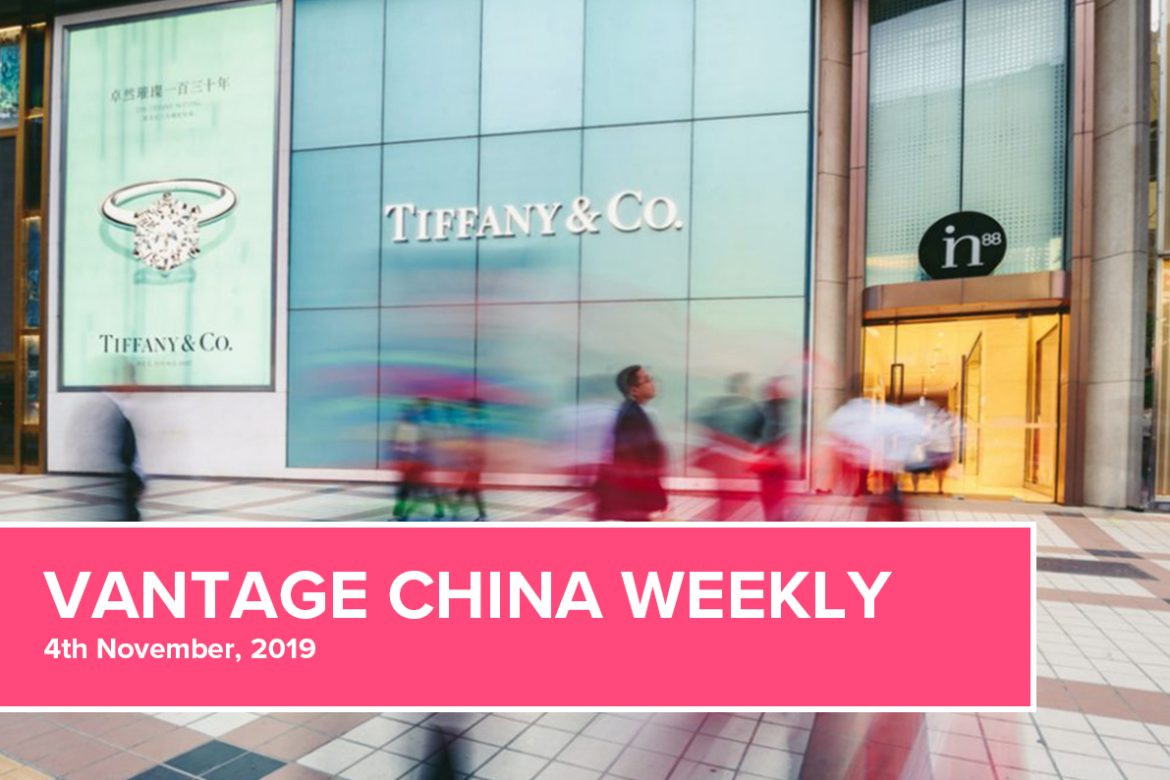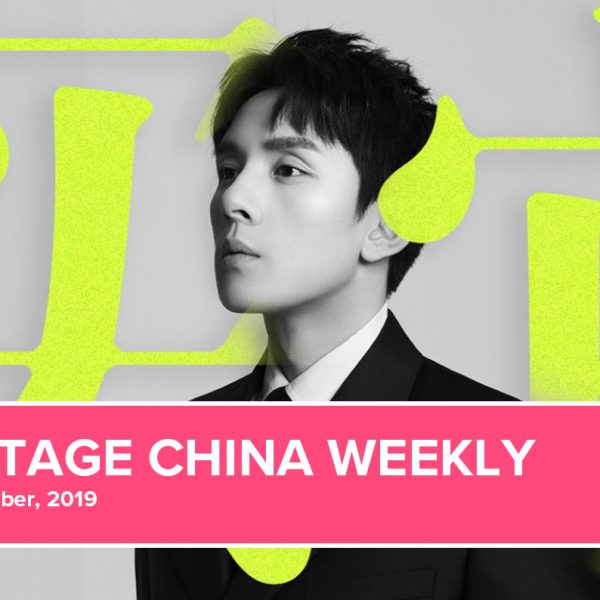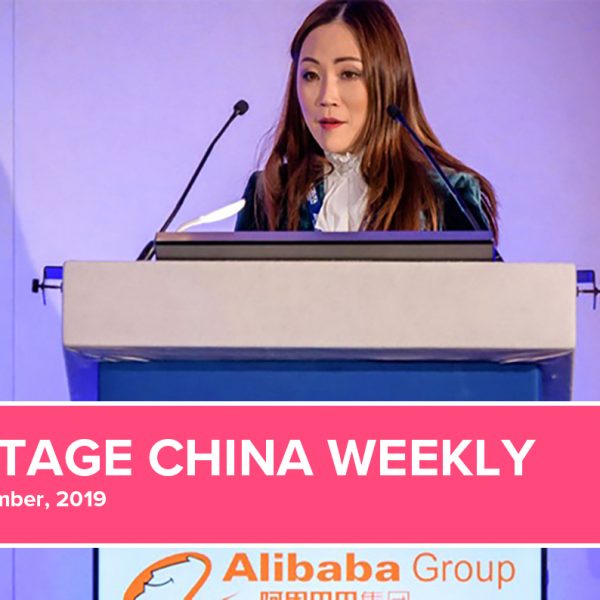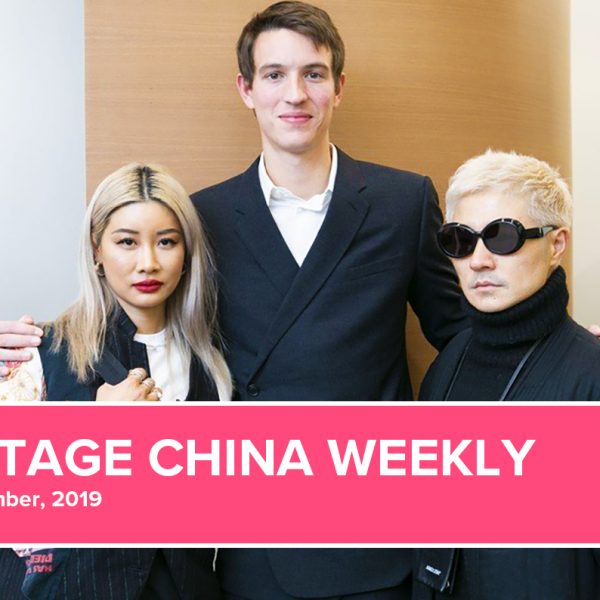
Acquiring Tiffany Could Be a China Masterstroke for LVMH
French luxury giant LVMH — owner of brands such as the titular Louis Vuitton and Christian Dior — is in talks to potentially acquire American jeweler Tiffany & Co. for US$14.5 billion. A Tiffany acquisition would bring both near- and longer-term benefits for the sprawling LVMH empire. Both companies have been quick to point out that the deal is still very much in the discussion phase, with LVMH only staying it has held “preliminary discussions” in regard to a “possible transaction” with Tiffany. However, if it does go through, it could end up being one of LVMH’s smartest China-facing transactions to date. Snapping up Tiffany would open the door even wider for LVMH to capitalise on Chinese consumer spending both in mainland China (where an increasing number of luxury shoppers are choosing to make their purchases) and North America, building its hard luxury revenue from Chinese tourists, students, and recent immigrants who look to buy brands “at the source.”
Read the complete article by Avery Booker at Jing Daily.
Dolce & Gabbana relying on new APAC CEO to relaunch China business
Dolce & Gabbana has restructured its Asian organisation, with a view to making up the ground it lost in China. Last June, following the storm that erupted in China as a result of a controversial advertising campaign, the Italian luxury label hired Carlo Gariglio to oversee its business in Asia-Pacific. The Italian manager has a significant experience in the luxury industry, having worked in Japan for several labels in the course of over 20 years. As the new president and CEO of Asia-Pacific for Dolce & Gabbana, Gariglio has the delicate task of winning back market share for the label, especially in China, where it has suffered heavy losses.
Read the complete article by Dominique Muret at Fashion Network.
South African Tourism and Tencent team up to boost Chinese arrivals in South Africa
China’s Tencent and the South African Tourism Beijing Office (SA Tourism) have announced a new partnership geared towards increasing the number of Chinese tourist arrivals in South Africa. The collaboration will span over two years and aims to position South Africa as one of Chinese travellers’ preferred tourism destinations through digital marketing campaigns on WeChat and other platforms within the Tencent ecosystem. Tencent will assist SA Tourism with a knowledge transfer programme on best practices for destination development, and will advise SA Tourism on how South Africa can accelerate the implementation of WeChat Pay for Chinese travellers visiting South Africa. Tencent will also advise SA Tourism on best practices in Chinese visitor experience by making use of QR codes.
Read the complete article by Staff at WebInTravel.
Li & Fung signs Arctic Ocean shipping pledge
Supply Chain solutions firm Li & Fung has signed a pledge to support an initiative that prohibits shipping through the Arctic Ocean. This initiative was organised in an effort to preserve the Artic, and while LF Logistics did not use any Arctic sea routes, this act indicates willingness to share responsibility for preserving it. The initiative was launched by its customer Nike with Ocean Conservancy. The objectives of Nike and Ocean Conservancy’s Arctic Shipping Pledge closely align with the Fashion Pact as well as Li & Fung’s stand on pollution prevention and the implementation of environmental responsibility programs into its operations and supply chains.
Read the complete article by Michael Arnold at Inside Retail.
Billionaire Veronica Chou Launches Sustainable Fashion Brand Everybody & Everyone
Veronica Chou, daughter of billionaire textile and fashion tycoon Silas Chou, is launching her own eco-friendly clothing and accessories line Everybody & Everyone. Veronica had a wakeup call in 2012 when she successfully sold her business, Iconix Brand Group, which introduced American fashion brands to Mainland Chinese shoppers. She realised the environmental impact fashion had, which is the most polluting industry in the world after oil. She then went on to invest in a series of green companies, along with incorporating environmentally friendly recycled fabrics in her clothing collection — her brand is also giving back to the planet through a collaboration with non-profit One Tree Planted, to plant a tree for every Everybody & Everyone product sold.
Read the complete article by Christian Gollayan at Hong Kong Tatler.
Alibaba beats quarterly revenue estimates, shares rise
China’s Alibaba Group reported a better-than-expected 40% rise in second-quarter revenue on Friday, powered by strong growth in its e-commerce and cloud computing businesses. The results come as the company gears up for its annual Single’s Day shopping bonanza this November, and competes increasingly with e-commerce site Pinduoduo Inc for sales in China’s smaller cities. The company’s U.S.-listed shares rose more than 2% to $180.25 in trading before the bell. Total revenue rose to 119.02 billion yuan ($16.91 billion) in the second quarter ended Sept. 30 from 85.15 billion yuan a year earlier. Analysts were expecting revenue of 116.8 billion yuan, according to IBES data from Refinitiv.
Read the complete article by Reuters API at Fashion Network.
Huawei Shoots Up 66% As Apple Plummets: China Has Given Its Blacklist Verdict
Huawei’s performance in pushing out smartphones in the third quarter was extraordinary. As reported by market researcher Canalys, “this is Huawei’s sixth consecutive quarter of double-digit growth amid a gloomy China market.” The company posted 66% annual growth, reaching a staggering 42% smartphone market share. All Huawei’s rivals have now been left far behind, but it’s the impact on Apple’s iPhone sales that will steal headlines just ahead of its own results. Apple has been desperate to hold onto a sensible market share in China, but this latest drop of 28% on the same quarter a year before takes it down to its lowest quarterly level for five years.
Read the complete article by Zak Doffman at Forbes.



